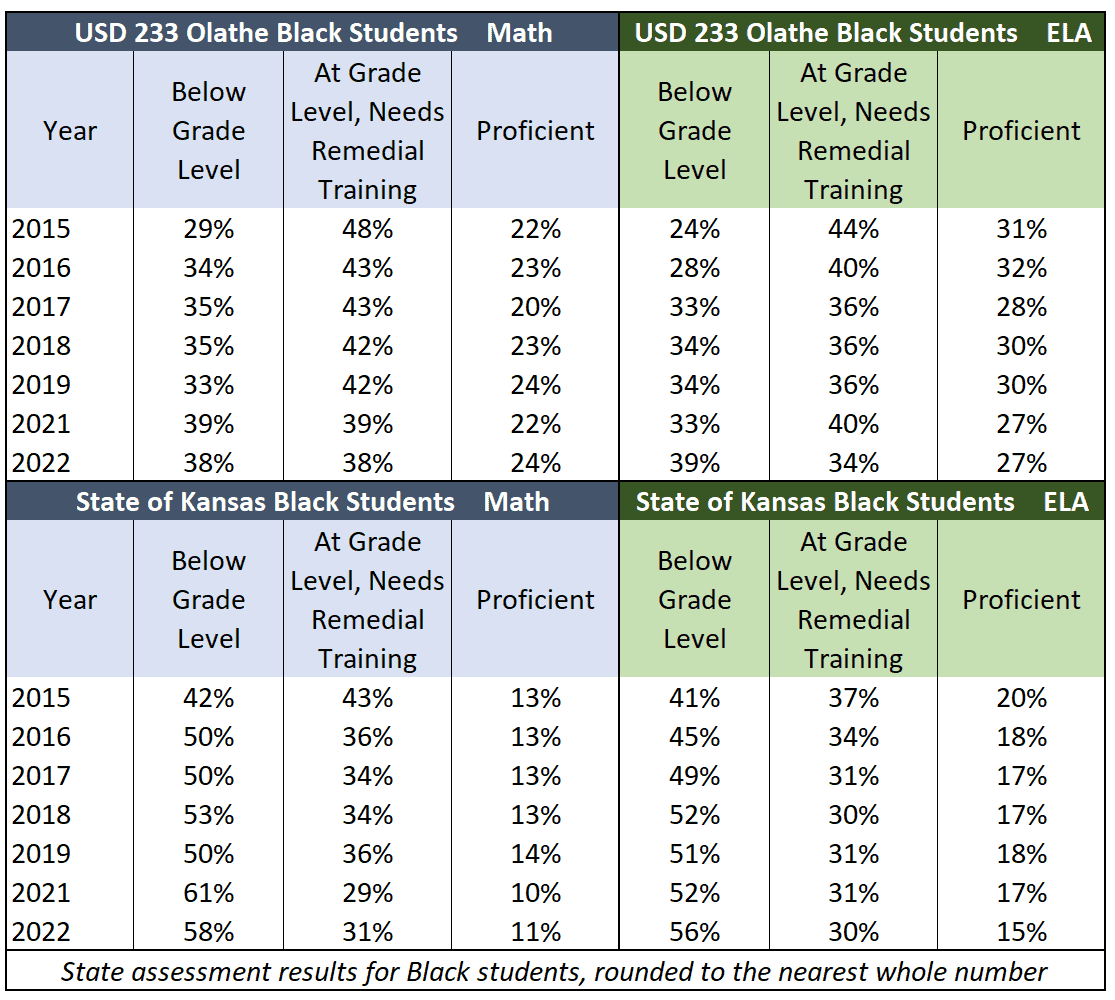(The Sentinel) — Olathe school board member Julie Steele answered a critic of the district’s progressive policies including Diversity, Equity and Inclusion (DEI) and Social Emotional Learning (SEL) by recommending the parent educate his child in another state.

According to reporting in The Lion, the exchange occurred on Steele’s Facebook page. Parent Cory Richmond, who will soon have children entering Olathe USD 233, criticized the controversial policies adopted by the board. Steele replied:
“Perhaps, if you disagree [with DEI and SEL], you should consider educating your child in another state that more closely aligns with your values.”
Richmond spoke of “dysfunction” on the school board, and argues the board isn’t interested in what parents or taxpayers think. Yet, he says he was taken aback at Steele’s response:
“Yes, I was absolutely surprised at that kind of comment from an elected leader to one of her constituents. To treat people that way who disagree with you in the community over school policies? It just seemed, ‘It’s my way or the highway.’ So yeah, I was very surprised at it.”
Neither Steele, who last month voted to censure fellow board member Brian Connell over personal conduct issues, nor Board President Shannon Wickliffe, responded to The Sentinel’s request for comment on her actions.
DEI / CRT doesn’t improve student achievement as theorized
Improving achievement for students of color is one of the justifications for DEI initiatives and the tenets of critical race theory, but that hasn’t been the result in USD 233 Olathe, the state of Kansas, or across the nation. Reading proficiency on the National Assessment of Educational Progress (NAEP) for 8th-grade black students dropped from 17% to 16% between 2013 and 2022, while the share of black  students scoring Below Basic jumped from 39% to 47%.
students scoring Below Basic jumped from 39% to 47%.
The district’s stated commitments to DEI and SEL policies do not appear to translate to student achievement among black children. Reading proficiency (English Language Arts) on the state assessment declined from 31% to 27% between 2015 and 2022, while the share of black students reading below grade level spiked from 24% to 39%.
Statewide results for black students also show significant declines in reading and math, with more than half below grade level in both subjects.
Julie Steele and Shannon Wycliff also would not comment about achievement declines for black students in USD 233 Olathe.

